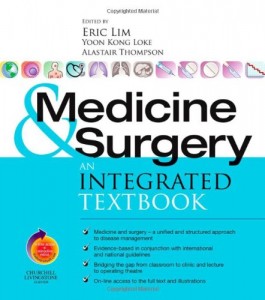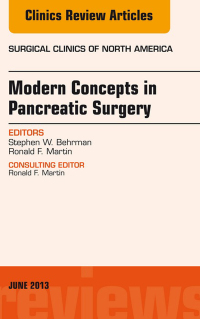-62%
A Journey Through Time: Unveiling the Evolution of Surgical Practices
In the tapestry of medical history, the evolution of surgery stands as a testament to human ingenuity and relentless pursuit of healing. From the rudimentary tools and techniques employed by ancient civilizations to the cutting-edge technologies of modern times, the practice of surgery has undergone a profound transformation.
Origins: Primitive Procedures and Ancient Wisdom
The origins of surgical practices can be traced back to the depths of human history. In the Neolithic era, primitive techniques such as trepanning, the creation of holes in the skull, were employed to alleviate pressure from injuries or ailments. While gruesome by modern standards, these procedures occasionally proved successful, demonstrating the resilience and resourcefulness of our ancestors.
Ancient Civilizations: Surgical Innovations Emerge
As civilizations flourished, so too did surgical knowledge and practices. Ancient Egypt, the cradle of many medical advancements, witnessed the emergence of specialized surgeons who employed sterilized instruments and sutures to treat wounds and perform complex procedures such as cataract removal. The ancient Greeks and Romans further refined surgical techniques, developing concepts such as wound drainage and the use of ligatures to control bleeding.
Dark Ages and Renaissance: Rekindling Surgical Skill
The Dark Ages saw a decline in surgical practices due to religious and societal factors. However, the Renaissance witnessed a resurgence of interest in classical medical knowledge, leading to the rediscovery of ancient surgical texts and the adoption of more sophisticated techniques. Surgeons of this era were known for their intricate wound closures and the development of surgical instruments such as forceps and scalpels.
Advancements in Anesthesia and Antisepsis: Revolutionizing Surgery
The 19th century marked a pivotal turning point in surgical history. The introduction of anesthesia by William Morton in 1846 revolutionized surgery by eliminating pain and allowing surgeons to operate for longer periods. This discovery was followed by the pioneering work of Joseph Lister in the field of antisepsis, which reduced the risk of infection and paved the way for safer and more effective surgical procedures.
Contemporary Frontiers: Surgical Innovations and Technological Advancements
In the 20th and 21st centuries, surgery has continued to evolve rapidly. The advent of laparoscopic and robotic techniques has allowed surgeons to perform minimally invasive procedures with greater precision and reduced recovery times. Tissue engineering and regenerative medicine hold promise for revolutionizing surgical treatments in the future, offering the potential to repair and regenerate damaged tissues and organs.
Ellis’s History of Surgery: A Comprehensive and Immersive Exploration
“Ellis’s History of Surgery,” written with the engaging and informative style of a renowned medical author and teacher, provides a comprehensive and immersive journey through the ages of surgical advancements. Illustrated in full color, this single-volume introduction traces the evolution of surgical practices, from their humble beginnings to their contemporary heights.
Whether you are a medical professional eager to deepen your knowledge of surgical history or a general reader fascinated by the extraordinary resilience of the human spirit, “Ellis’s History of Surgery” is an exceptional resource that transports you to the forefront of surgical innovation and discovery.










Reviews
Clear filtersThere are no reviews yet.